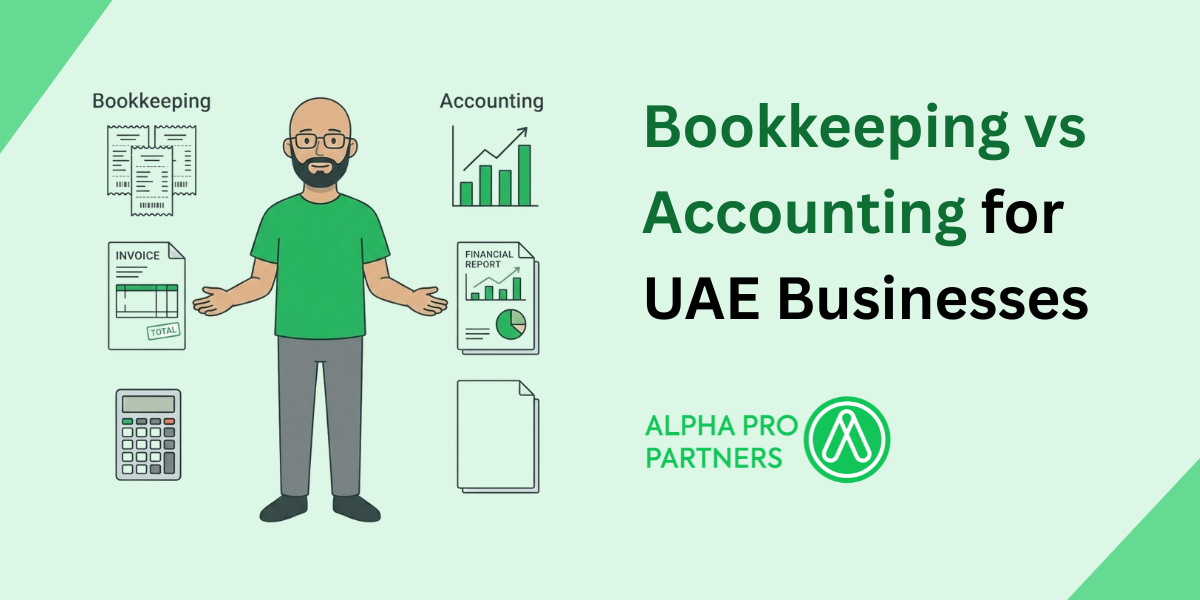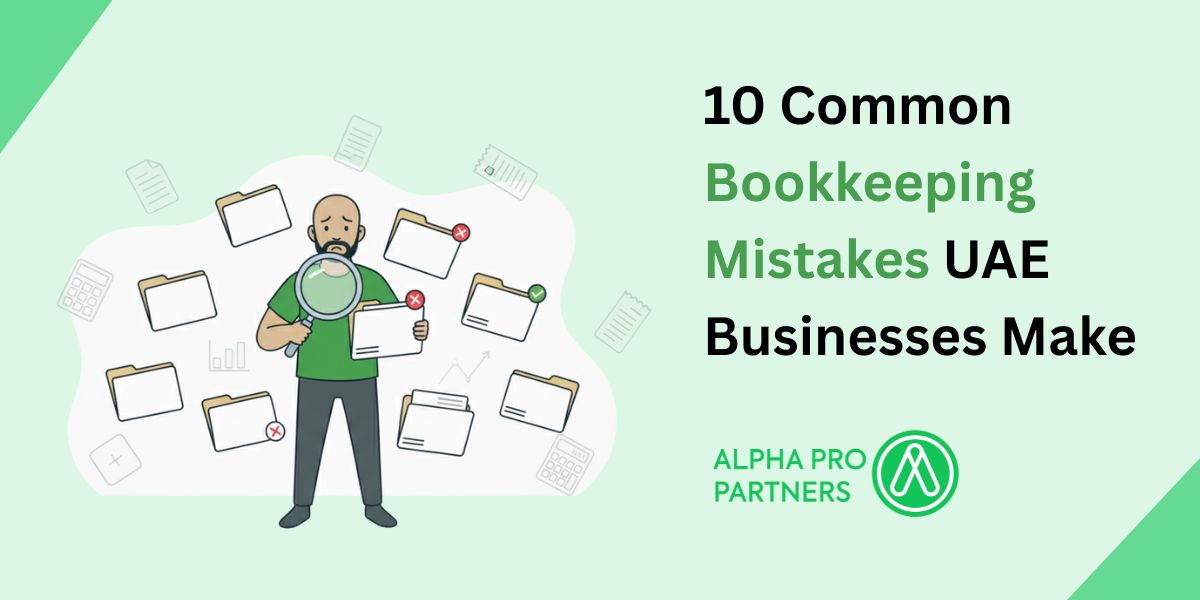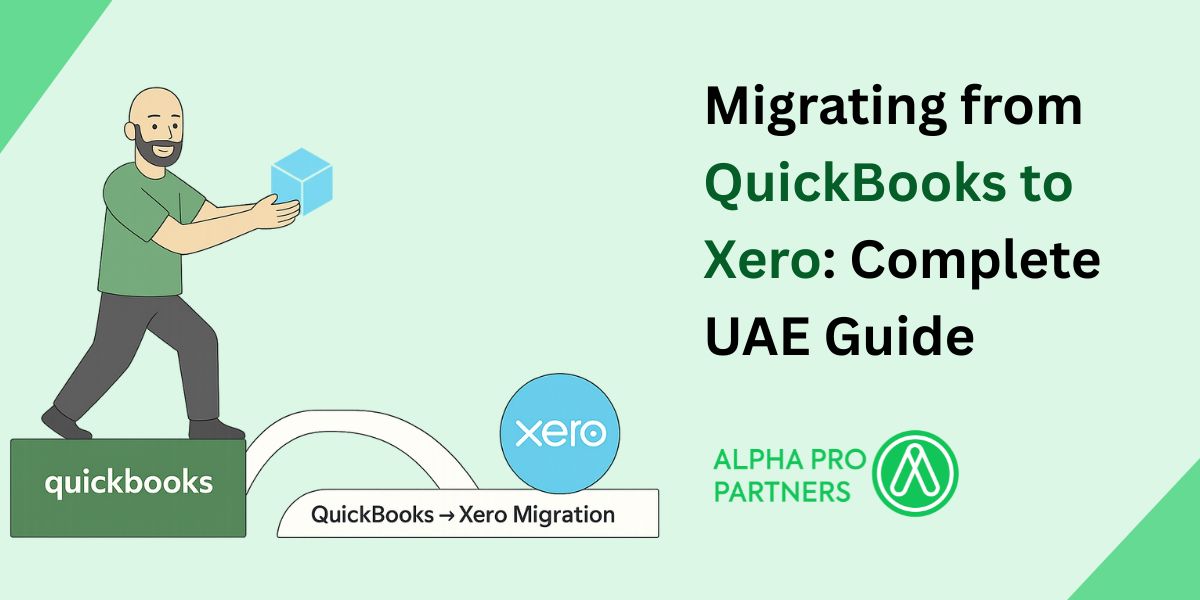The Role of AI in Dubai’s Financial Sector: Trends and Future Outlook

Backed by the UAE National Strategy for Artificial Intelligence 2031, the UAE government has positioned AI at the heart of its economic vision. In tandem, Dubai’s financial institutions are adopting advanced technologies like machine learning, predictive analytics, robotic process automation (RPA), and blockchain.
The impact is already visible: AI-powered chatbots are revamping customer service. Fraud detection systems and intelligent compliance tools are strengthening trust.
What was once experimental is now essential. It's expanding fast!
This blog explores the main trends shaping AI in Dubai’s financial sector. We’ll also look at what the future holds for this exciting mix of finance and technology.
6 Key Trends in AI Adoption Across Dubai’s Financial Sector
AI has moved to wide-scale deployment in Dubai’s financial institutions. Here's a closer look at the most impactful trends:
1. AI-Powered Customer Experience
Retail and commercial banks in Dubai have been adopting AI-driven tools to improve customer interactions. Chatbots and virtual assistants, like Emirates NBD’s “Eva,” are now common. They handle everything from balance inquiries to card blocking. These tools use natural language processing (NLP) to offer 24/7 support, decrease operational costs, and improve response times. Personalized banking experiences based on user behavior and predictive analytics are also gaining traction.
2. Fraud Detection and Risk Management
Machine learning models are trained to detect unusual transaction patterns in real-time, flagging potential fraud or money laundering activities. Dubai Islamic Bank and Mashreq Bank have invested in AI systems that assist in real-time risk scoring and automated reporting to comply with evolving anti-money laundering (AML) and know-your-customer (KYC) regulations.
3. AI in Wealth and Asset Management
Robo-advisory platforms, fueled by AI algorithms, are helping investors in Dubai with portfolio management, investment insights, and market predictions. These platforms provide automated, low-cost financial advice. Consequently, wealth management becomes accessible to a broader audience. Some institutions are also using sentiment analysis from social media and news to make investment decisions more responsive to market shifts.
4. Smart Lending and Credit Scoring
Instead of relying solely on traditional credit scores, banks in Dubai are leveraging alternative data with the help of AI, such as mobile usage, social behavior, and transactional data, to evaluate loan applications. This opens up lending opportunities to underbanked or thin-file customers, improving financial inclusion.
5. Blockchain and AI Integration
Dubai’s financial regulators and fintech ecosystem have shown strong interest in combining blockchain with AI. Blockchain ensures transparency and immutability. Making it better, AI adds intelligence to data processing and decision-making. Dubai International Financial Centre (DIFC) has hosted several fintech startups that explore these technologies together, especially for trade finance, identity verification, and smart contracts.
6. Regulatory and Institutional Support
The UAE Central Bank and Dubai Financial Services Authority (DFSA) have been proactive in supporting AI innovation. The DFSA’s Innovation Testing Licence (ITL) allows fintech startups to test AI-driven solutions under regulatory oversight. Meanwhile, initiatives like the DIFC FinTech Hive and the Emirates NBD Future Lab have created a fertile environment for AI innovation.
Future Outlook: What Lies Ahead for AI in Dubai’s Financial Sector
In the next decade, with strong government backing, a tech-savvy population, and a flourishing fintech arena, Dubai is all set to lead the region in AI-led financial innovation.
The UAE’s AI-in-finance market is expected to go from around $67 million in 2023 to a massive $514 million by 2032. That’s a compound annual growth rate of nearly 25%! Dubai is right in the thick of this growth.
1. Generative AI and Embedded AI Assistants
Dubai’s banks are actively exploring the integration of generative AI into their core platforms. We may soon see ChatGPT-style tools embedded within mobile banking apps, offering real-time financial coaching, investment insights, and even automated dispute resolution. These assistants will go beyond answering basic queries. They’ll also help users make smarter financial decisions, personalized to their goals and risk appetite.
2. Open Banking + AI = Smarter Finance
With open banking initiatives becoming popular in the UAE, AI is likely to be used for accessing a unified pool of financial data (with user consent) to help banks offer better credit scoring, holistic financial advice, and fraud detection across institutions. This will open new revenue streams for banks while delivering more tailored experiences for customers.
3. Scaling Up Robo-Advisory and AI Asset Managers
AI-powered investment tools will move from niche to mainstream. Expect to see robo-advisors managing larger wealth portfolios. Especially as Gen Z and millennial investors embrace digital-first financial services. Combined with sentiment analysis and real-time data analytics, these tools will enable hyper-responsive investment strategies. As digital assets and tokenized investments grow, we may see AI managing crypto portfolios too.
4. Blockchain + AI = Intelligent On-Chain Finance
Smart contracts will become smarter, strongly adjusting to market data, interest rate changes, or user behavior. This fusion is especially likely-looking for trade finance, real-time settlements, and decentralized finance (DeFi) applications that need transparency and adaptability.
5. AI-Driven Regulatory Technology (RegTech)
We’re likely to see AI-powered supervisory tools used by regulators such as the DFSA and Central Bank of the UAE for monitoring risks and ensuring real-time compliance. A UAE-wide data exchange could further manage and make reporting simpler, enable predictive supervision, and decrease regulatory burdens on financial institutions.
6. Workforce and Governance Challenges
Nonetheless, there are challenges to tackle.
Ethical AI usage, particularly around data privacy, algorithmic bias, and transparency, will become a regulatory priority. Financial institutions will need to invest in powerful and reliable governance frameworks. They’ll also have to ensure that AI systems are auditable and explainable.
Skilling the workforce is another pressing concern. Upskilling employees in data science, AI ethics, and automation workflows will be crucial for sustainable transformation.
Cybersecurity will also come into sharper focus. As AI systems become more powerful, they also become high-value targets. Protecting these systems from adversarial attacks and maintaining trust will be critical in ensuring long-term success.
Still, the direction is clear. AI is changing how people earn, spend, save, and invest. Dubai’s financial sector is adding AI at the very core of its operations, regulation, and growth strategy.
Conclusion
AI adoption in Dubai’s financial sector has been powerfully evolving. Banks are using chatbots, fraud detection systems, robo-advisors, smart credit scoring, and blockchain-AI integration. Regulatory bodies like DFSA and the UAE Central Bank are supporting innovation through sandboxes and licenses.
Looking ahead, AI will drive personalized financial coaching, smarter open banking, and on-chain finance via smart contracts. Robo-advisors will scale. AI-driven RegTech will make compliance simpler. Yet, ethical AI use, cybersecurity, and workforce upskilling remain critical.

.webp)







%20Widgets%2C%20Shortcuts%20%26%20Customisation.jpg)








.webp)
.webp)


.png)
.png)
.png)
.png)
.png)

.png)
.png)



.png)
.png)





.jpg)


.jpg)





.png)
.png)






.png)


